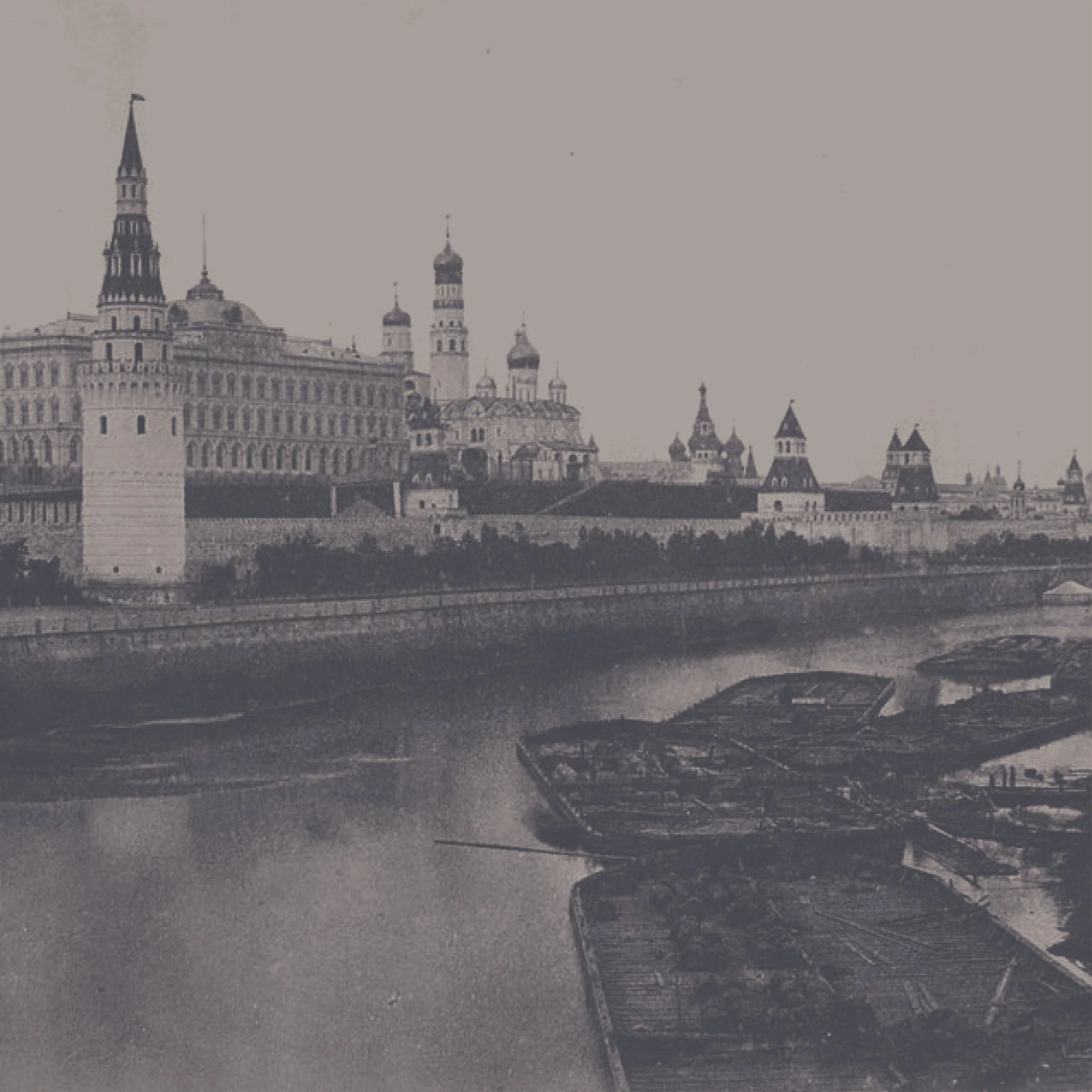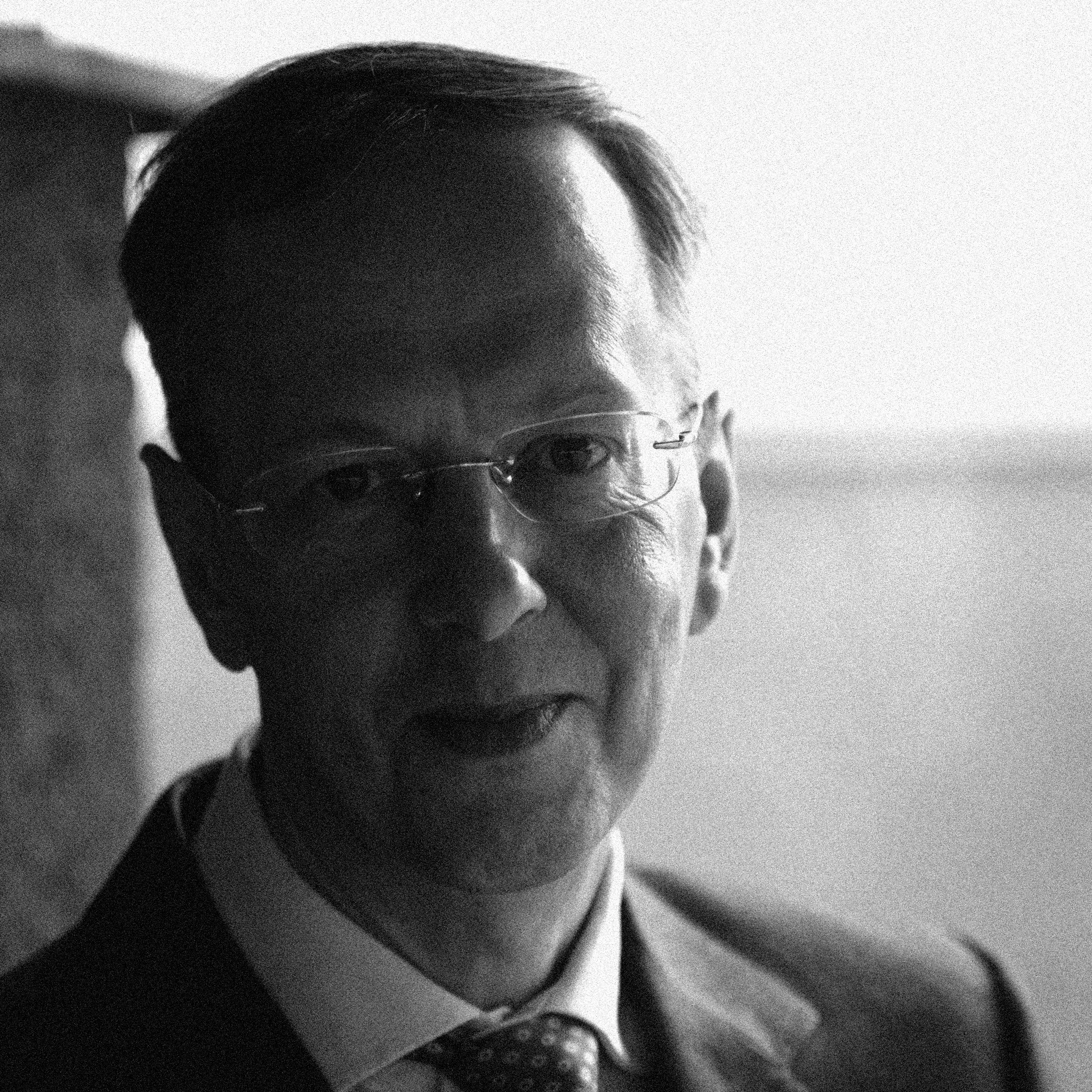Why Does Russia Tend to be Autocratic? From Alexander I to Joseph Stalin
In a series of two lectures, historian and politician Alexey Gusev will reflect on the inclination of the Russian state throughout history towards authoritarian regimes. Is there any particular reason? How is authoritarianism constructed? Is there any hope for democracy?




